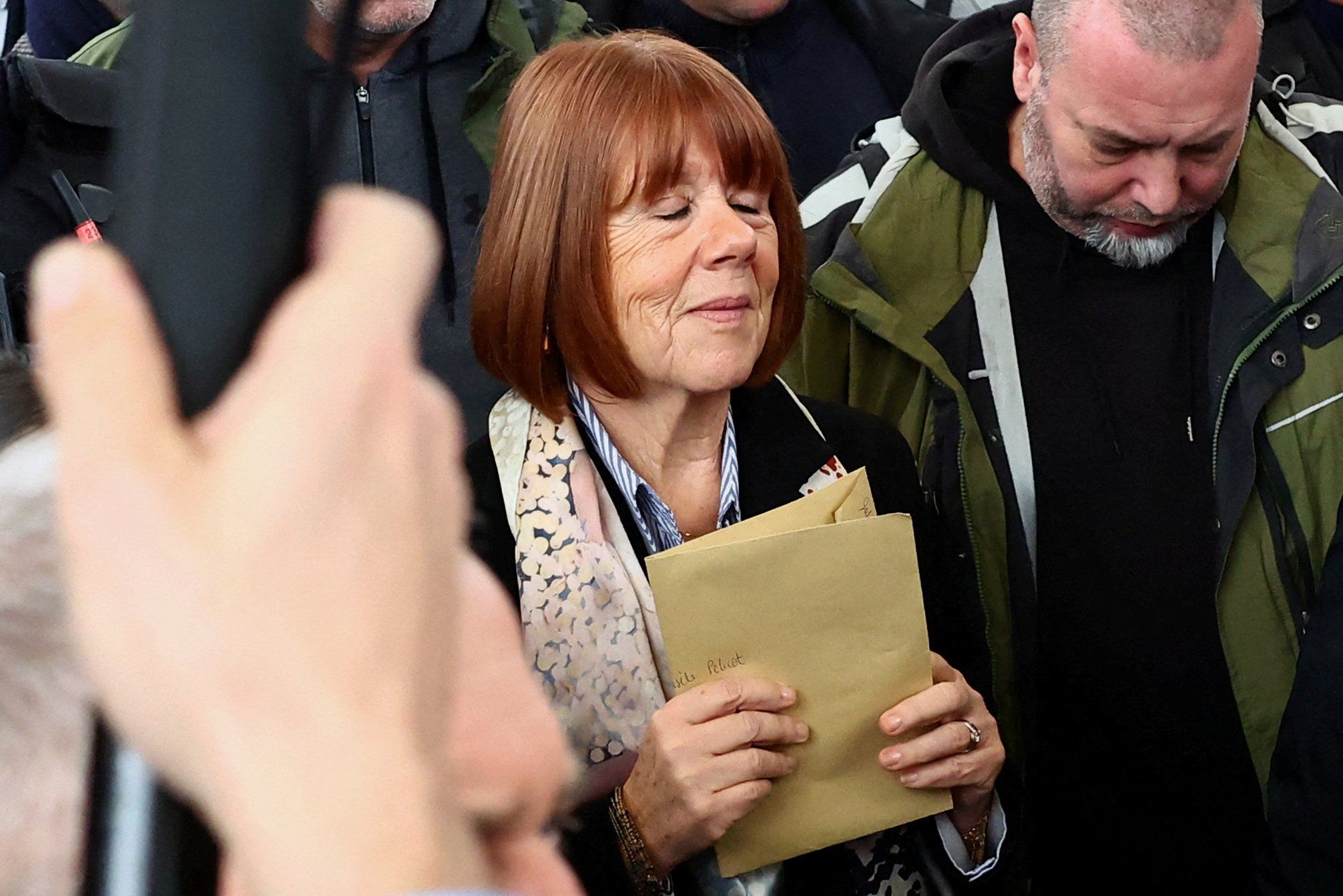A French court
sentencedDominique Pelicot, 72, to 20 years in prison on Thursday for drugging and orchestrating the mass rape of his ex-wife,
Gisèle Pelicot. Forty-nine of 50 other defendants were found guilty of rape, attempted rape, or sexual assault, with sentences ranging from three to 15 years. Some were also found to possess
child abuse material. While Pelicot’s children and some activists criticized the penalties
as too lenient, many praised the verdict for its symbolic importance in defining consent and combating violence against women.
Gisèle Pelicot, who chose towaive her anonymity, has become a global feminist icon. Despite enduring horrific abuse and a grueling trial, she thanked her supporters, saying, “I think of the unrecognized victims. … We share the same fight.”
After the verdict, rape survivors fromacross the world sent messages of support and admiration, including Nobel Peace Prize winner Nadia Murad,Argentine actress Thelma Fardin, and Scottish campaigner and rape survivor Ellie Wilson, who said Pelicot has “an army of women behind her.”
Pelicot’s bravery also sparked debates on updating rape laws in France, where 94% of rape cases are reportedly dropped and only 10%-15% of defendants convicted. Other countries have also taken note: German Chancellor Olaf Scholtzwrote, “You gave women around the world a strong voice. The shame always lies with the perpetrator,” while Spanish Prime Minister Pedro Sanchezsaid, “Let shame change sides.”
We’ll be watching to see whether legislators follow their words with action.
